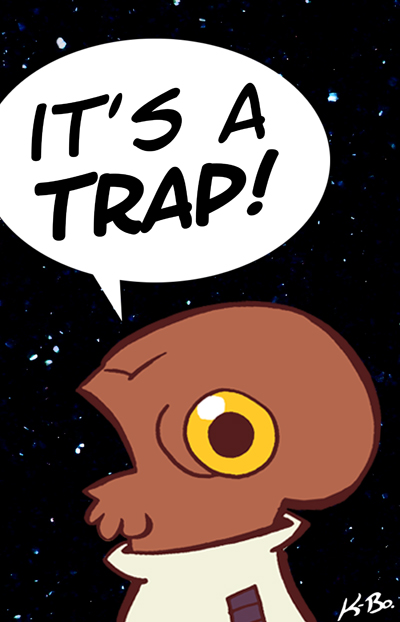@Mnemosyne
I'm sure there's no shortage of possibilities! But there are still fewer than there were in 1E, and to me that's a strange revision to make.
Absent the Dual Kith merit or super high power stat, I found the exact opposite to be true about 1e.
Lots of communal creatures- wolves, rabbits, ants, whatever- might love the idea of finding people they can trust and pledge with, except that mechanically they're not allowed to do that.
What? From the Beast reference document: "A Beast can, of her own free will, enter into a Contract or Pledge or other more intimate acts of binding, but it chuffs her more than the average Lost."
There is mechanically nothing preventing a Beast from trusting or Pleding with folks. They don't even suffer a penalty. At worst there's flavor text suggesting you're 'more chuffed than the average Lost', which is meaningless since there's no set value for how 'chuffed' the 'average Lost' is.
The only mechanical imposition is "Forced confinement, especially the physical kind, is too much for her. Escaping bonds requires three Glamour instead of one. Once per story, if a Beast is confined or imprisoned, she suffers a Clarity breaking point.", which is not at all what you described.
While I find your objection to the Fairest changes much more reasonable, and understandable, than most others (in that they are quite different than 1e Fairest, not that they're now Sidhe, which is not at all the case), your Beast example doesn't really make any sense.
Maybe I want to play, for instance, a spider ling as a genteel, refined housekeeper inviting people into her parlor, a woman who's nothing but civilized and refined, except that mechanically is a punished concept basically.
How is this punished? Are you somehow equating having a house with confinement? One of the example blurbs is a stock broker, isn't it?
The character creation specifically calls out that not all beasts are pulse pounding brutes, and that more cerebral beasts exist as well. I see nothing to suggest that your spider example doesn't work. It's just not called out specifically as a concept, but jesus, there was so much ground to cover that not EVERY kind of Beast was going to get its honorable mention in a first draft. If your beast's particular passion involves the trappings of civility and social refinement than that is what they'll focus on to exactly the extreme the Beast writeup suggests.
It's like you're deliberately choosing to interpret this shit in the worst possible way so that it affirms your fears. "It doesn't say I can, so I can't." is a terrible way to read the basics of a character archetype.
Pooka were usually the most popular splat on oWoD Changeling games, due to all the variety of animals you could build. Except... whatever animal type you made, you were pretty strong corralled by the mechanics and flavor to make a silly shit-stirring trickster type.
To be fair, they fixed that officially when the Pooka book came out and what constituted 'lying'. It'd been unofficially clarified almost after the Changeling book come out, but the fact was that the majority of folkes seemed to want to play a silly, shit-stirring trickster.






